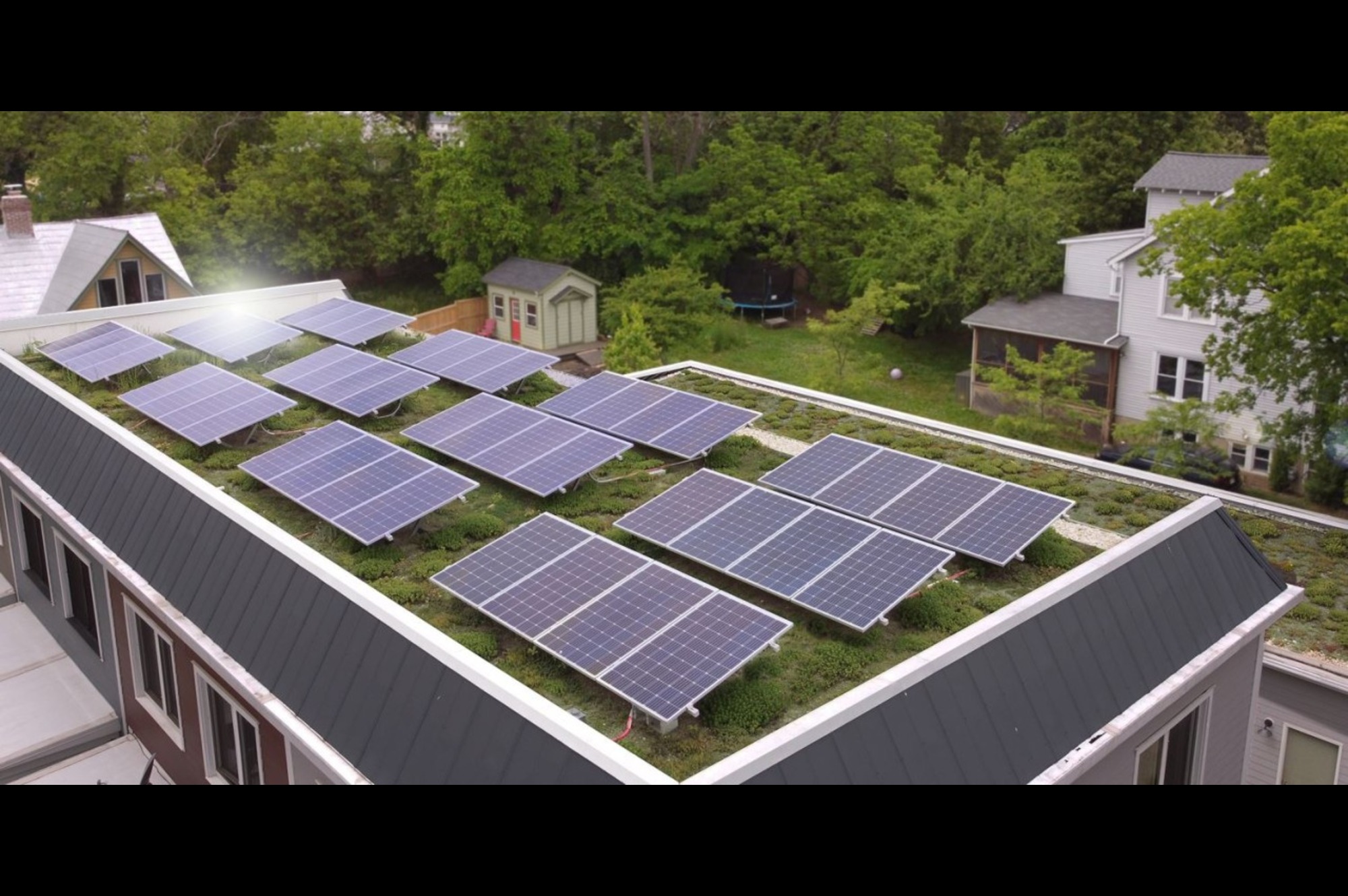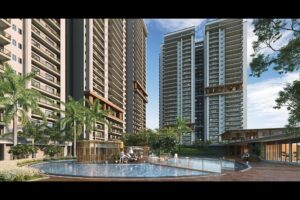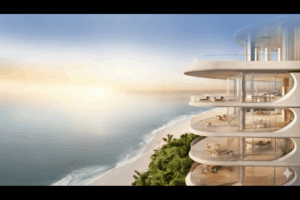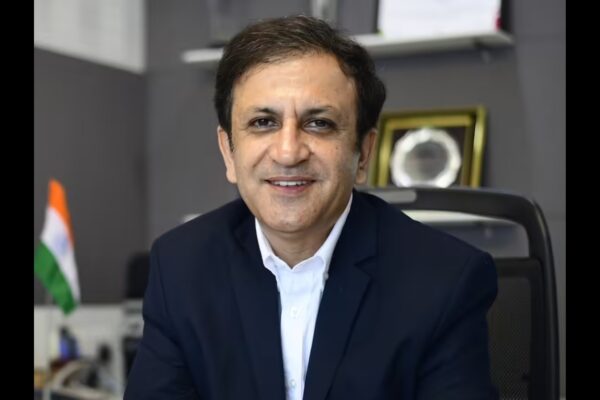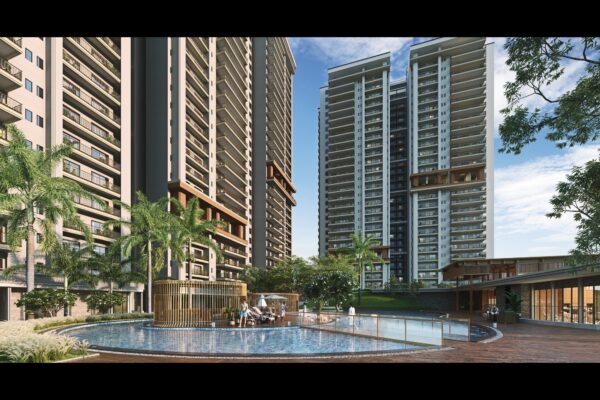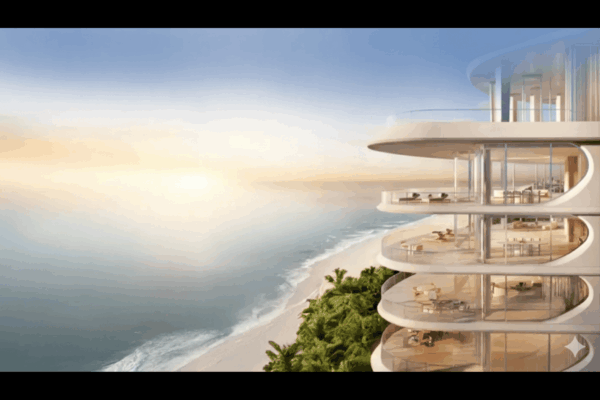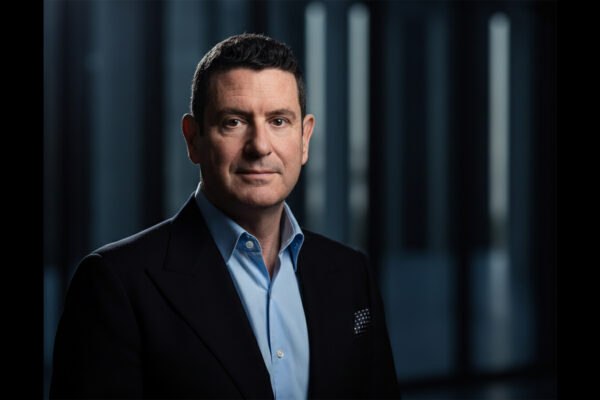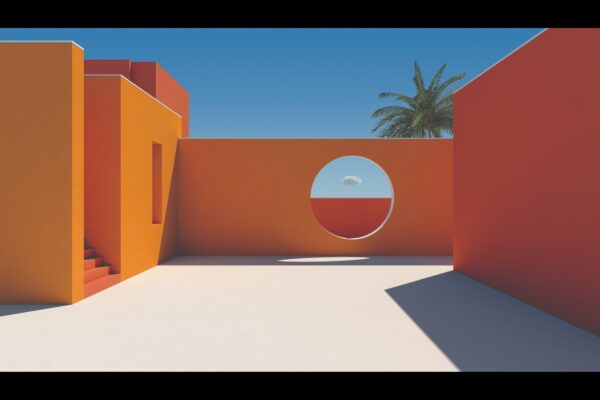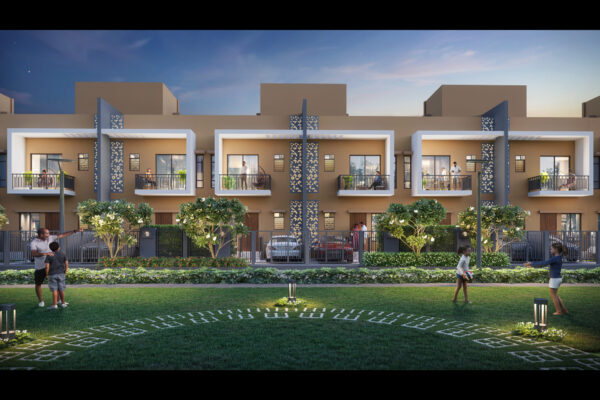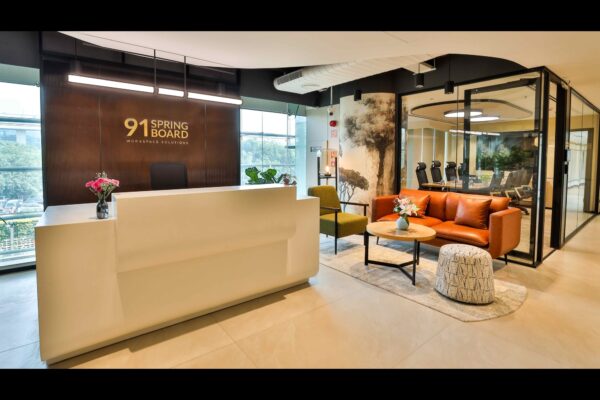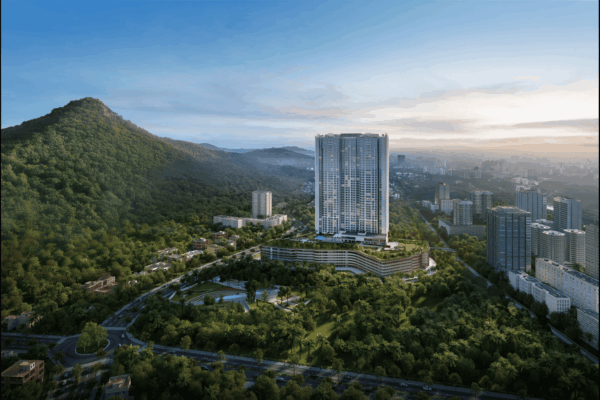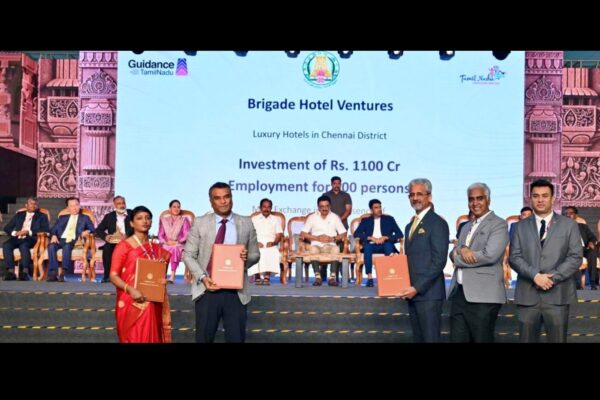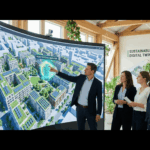Exploring the growing demand for eco-friendly properties and energy efficiency
by Sarveshaa SB, Chairman & Managing Director, BHADRA Group
Sustainability has evolved from being just a buzzword in the industry to the foundation of modern real estate development. Our Motherland – India is a prime example for this transition, ranking third globally for LEED-certified green buildings, and over 10 billion square feet of green-certified space expected by 2025. This rapid expansion is driven not only by good intentions but it is also centered on smart design, regulatory compliance, and long-term value creation that benefits all stakeholders.
Beyond certification: A market in transformation
Green building certifications such as LEED, IGBC, and WELL have moved from niche recognitions to essential expectations for Indian property buyers. As of 2024, India boasts over 10,000 IGBC-certified buildings. In major metropolitan areas, green-certified residences regularly command a price premium of 7–10% compared to conventional properties. This premium reflects growing buyer acknowledgement of the lower utility costs, improved indoor air quality, and enhanced well-being associated with sustainable homes.
Sustainable materials and circular design driving smarter construction
There is a growing trend for developments to utilize environmentally friendly materials, such as fly ash bricks, low-emission glass products, recycled steel, and reclaimed timber, as the building sector is accelerating the use of these materials. For example, low-carbon cement can save embodied carbon on a project by up to 30%, and modular building systems can eliminate approximately 40% construction waste. Circular design encourages lifecycle efficiency and also allows users to reduce waste, build ethically sourced materials, and adapt over the life of the building.
Luxury redefined through renewable energy and smart technologies
Aesthetics and ecological consciousness are reshaping luxury real estate. Solar panels, rainwater harvesting, smart irrigation, and greywater recycling are now regular features in almost 80% of new premium projects in major Indian cities. As many as 90% of brand-new premium homes in Bengaluru utilized renewable energy, an important sign that the market has evolved to where sustainability is a component of modern luxury.
Intelligent homes – The next frontier
Intelligent homes with automation systems for climate control, lighting, and security are in high demand from tech-savvy homebuyers. Smart homes improve convenience and safety and reduce energy use by about 15 – 20%. Credible developers promptly integrate these technologies because they are a viable strategy in meeting buyer expectations and national energy efficiency goals.
Embedding environmental responsibility into practice
Today, we get a strong sense of the industry working towards sustainability. Most new residential buildings have the most modern insulation systems, star-rated appliances, and LED lighting, which can lower utility costs and energy consumption by at least 30%. Moreover, urban developments are increasingly implementing water efficiency measures, such as storm-water capture, recycled water systems, and water-saving fixtures.
Pioneering sustainable urban futures
Leaders in the real estate sector, in my opinion, have an obligation to create sustainable, resilient communities in addition to buildings. Three strategic pillars at BHADRA Group help to realize this vision:
- Innovation: Utilising cutting-edge technologies for optimised energy and water management.
- Collaboration: Working together to advance sustainability objectives with citizens, corporate executives, and local governments.
- Education: Helping our teams and homeowners develop a sustainable mindset.
Catalysing change beyond the built environment
Progressive developers are facilitating electric vehicle charging infrastructure, enhancing connectivity to public transport, and integrating green spaces—all fostering sustainable lifestyles. The significant societal benefits of sustainable development are demonstrated by studies showing that green communities can reduce waste at rates up to 50% higher than those of traditional communities.
I strongly feel that India’s rising demand for eco-friendly and energy-efficient homes is driven by a confluence of informed consumers, supportive policies, strong returns, and visionary leadership. The goal of the real estate industry is to improve urban quality of life for future generations and create lasting environmental value, going beyond simple compliance.
Tags

